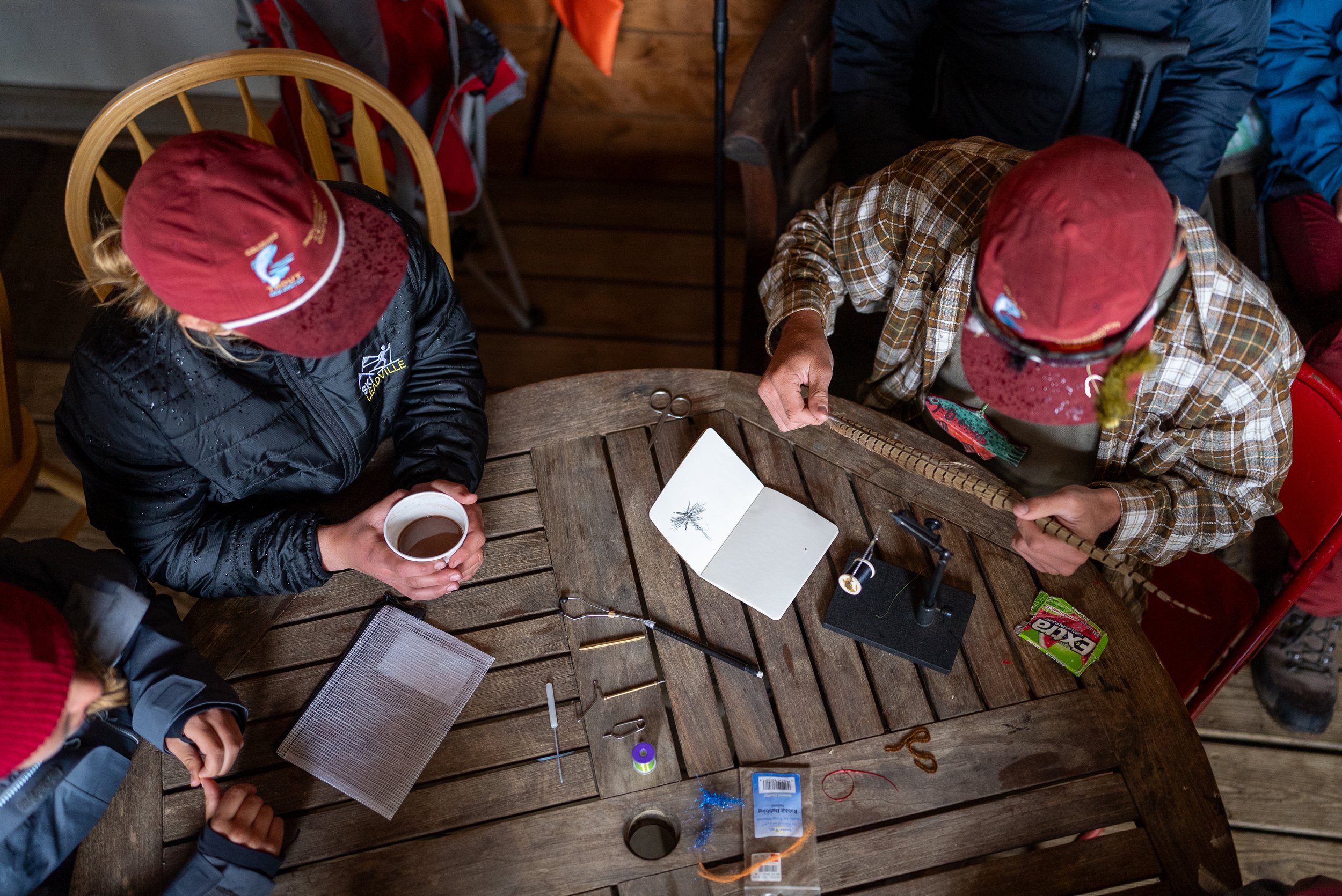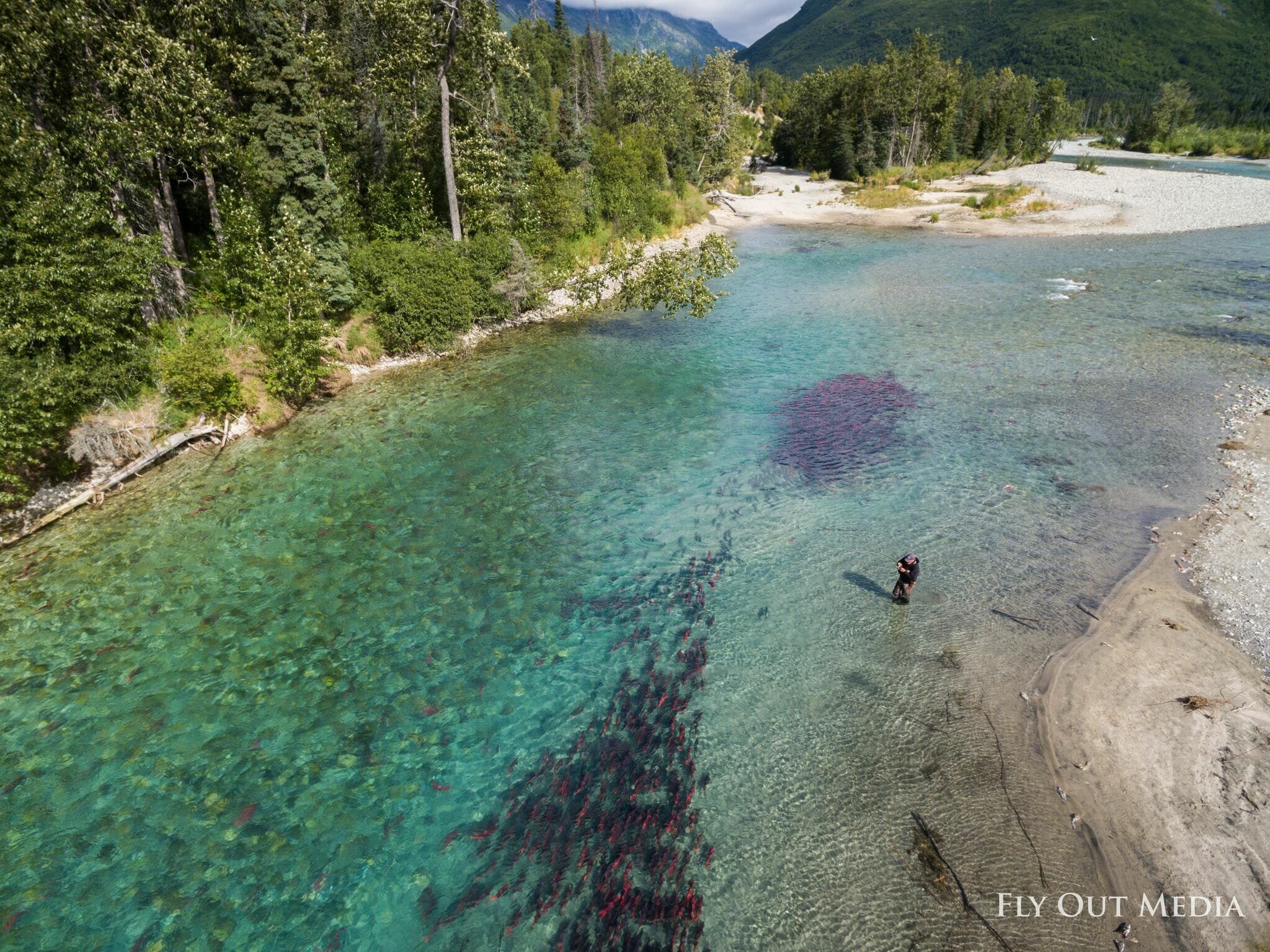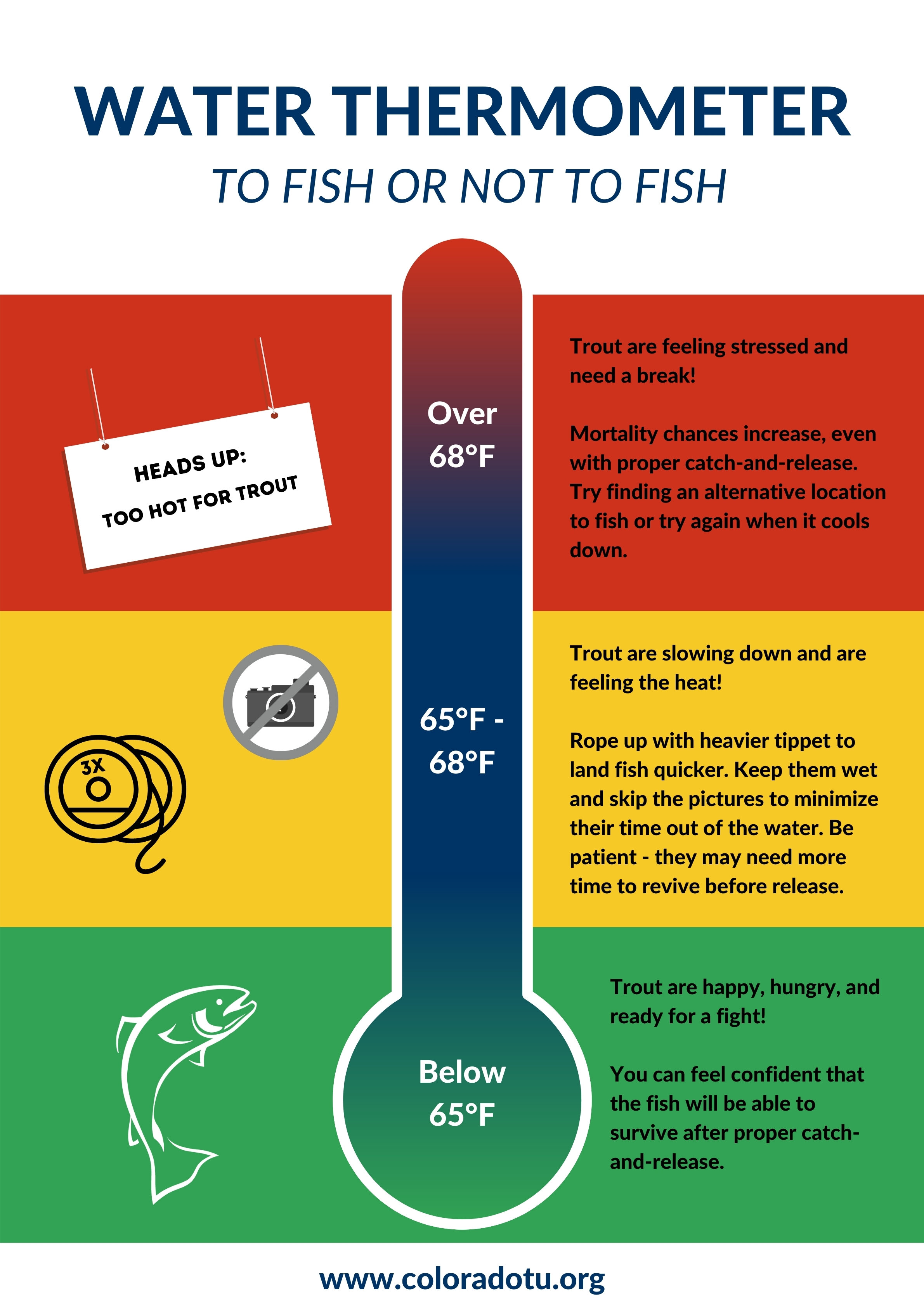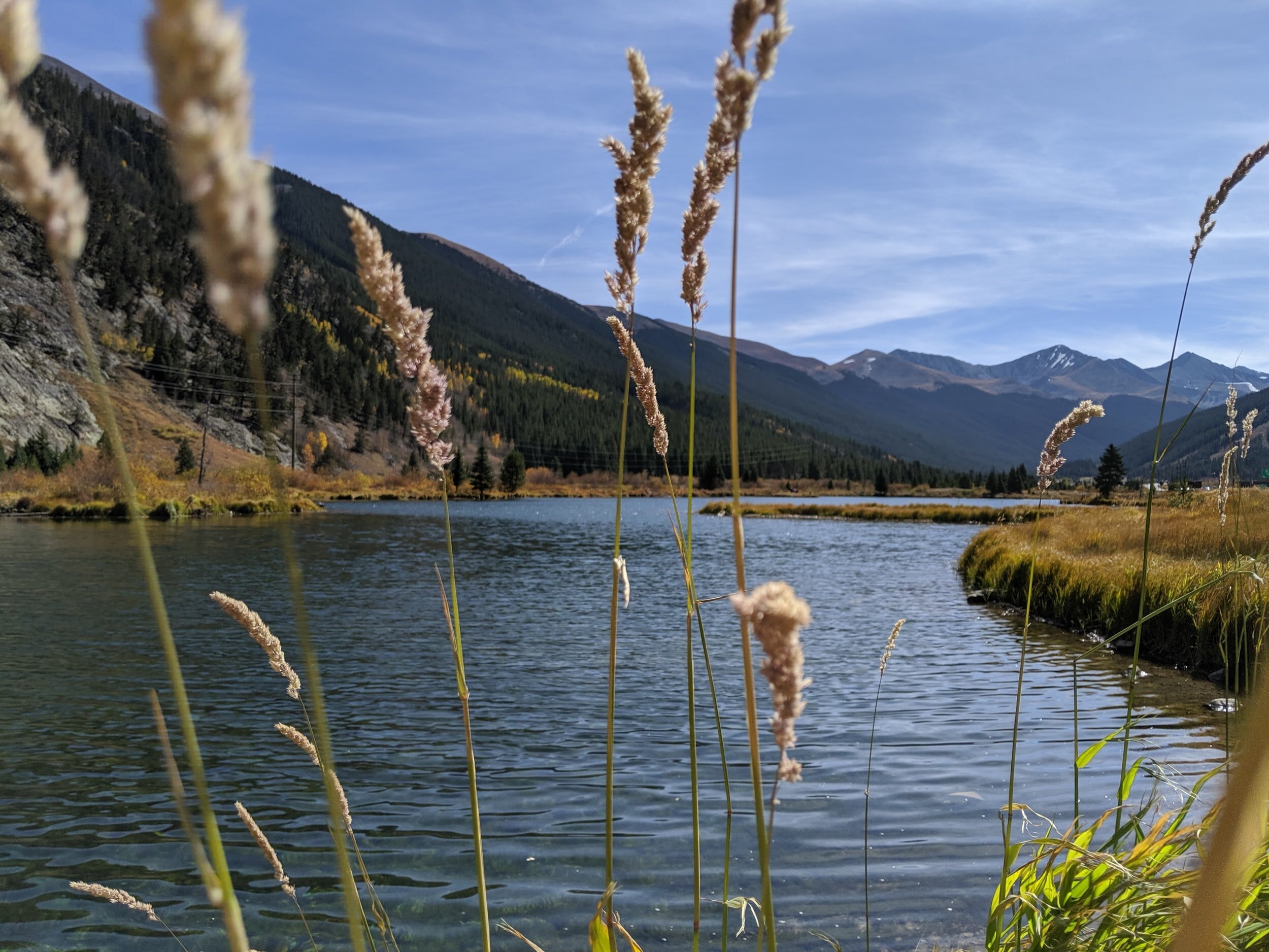Repost from TU.org:
WASHINGTON, D.C.—Trout Unlimited today voiced support for legislation that would help modernize the federal oil and gas leasing system and facilitate responsible energy development on public land.
The Competitive Onshore Mineral Policy via Eliminating Taxpayer-Enabled Speculation Act (COMPETES Act), introduced by U.S. Sen. John Hickenlooper (D-CO) and co-sponsored by U.S. Sens. Martin Heinrich (D-NM) and Jacky Rosen (D-NV), would require the Bureau of Land Management (BLM) to end the practice of non-competitive leasing.
In the leasing process, lands are offered to oil and gas companies, which bid on them during competitive auctions. Public lands that do not receive bids—often areas with no marketable oil/gas—are offered later at rock-bottom prices, needlessly encumbering public lands. Many of these lands provide important fish and wildlife habitat and are places where public land users hunt, fish, float and hike.
“Here in Colorado where the practice has become commonplace, non-competitive leasing has direct impacts on outdoor recreation and our quality of life,” said Scott Willoughby, Colorado field coordinator for Trout Unlimited. “Agencies like the Bureau of Land Management are already stretched beyond capacity, and increasing that workload for essentially no return needlessly diverts staff resources away from other priorities, like fish and wildlife conservation, outdoor recreation, and managing oil and gas development where it can be done responsibly. We want to thank Senator Hickenlooper for his work on this important legislation and express our support for ending this outdated practice.”
“Non-competitive leasing encourages speculation on public lands at taxpayers’ expense.” Senator Hickenlooper said in a press release. “Westerners lose out when large swaths of land are set aside for speculation instead of conservation or recreation.”
Non-competitive leasing has occurred throughout Colorado, including in North Park adjacent to the Arapaho National Wildlife Refuge, upstream of the famed Gold Medal stretch of the North Platte River. (Learn more about Gold Medal fishing waters at Colorado Gold). Elsewhere throughout the West, non-competitive leasing creates similar conflicts with fish and wildlife, spurring controversy as the public weighs the risk of speculative oil and gas exploration against the values of healthy habitat and outdoor recreation.
“Of the 2.5 million acres offered for lease since 2017 in Nevada, less than 10 percent of the acreage offered has been sold at competitive auction, ” said Pam Harrington, Nevada field coordinator for Trout Unlimited’s Angler Conservation Program. “Anonymous entities nominate thousands of acres, and the agencies must act on these frivolous proposals. Overwhelmed, both the agencies and interested public try to provide productive input, but in the end, the sales are offered and largely nobody bids. A month later, parcels are purchased non-competitively at $1.50 an acre, which creates unnecessary paperwork and ties up our public lands from its multitude of other uses.”
The COMPETES Act would help turn the BLM and Forest Service’s attention away from needless paperwork and lease reviews and toward critical fish, wildlife and recreation needs.
In addition to introducing the COMPETES Act, Senator Hickenlooper has co-sponsored other legislation to modernize public lands energy development, including the Oil and Gas Bonding Reform and Orphaned Well Remediation Act (S.2177) introduced by U.S. Sen. Michael Bennet (D-CO), and the bipartisan Fair Returns for Public Lands Act (S. 624), sponsored by U.S. Sens. Chuck Grassley (R-IA) and Jacky Rosen.
“With the introduction of the COMPETES Act and his co-sponsorship of S.624 and S.2177, Senator Hickenlooper is promoting a comprehensive package to modernize oil and gas leasing and promote responsible stewardship of our public lands,” said David Nickum, executive director of Colorado Trout Unlimited. “We fully support his efforts and we look forward to helping advance these proposals through Congress and into law.”
Trout Unlimited is asking its members to tell Congress how important this issue is to anglers and public land users. Learn more at TU.org.
###
Trout Unlimited is the nation’s oldest and largest coldwater fisheries conservation organization dedicated to caring for and recovering America’s rivers and streams so our children can experience the joy of wild and native trout and salmon. Across the country, TU brings to bear local, regional, and national grassroots organizing, durable partnerships, science-backed policy muscle, and legal firepower on behalf of trout and salmon fisheries, healthy waters and vibrant communities.


















